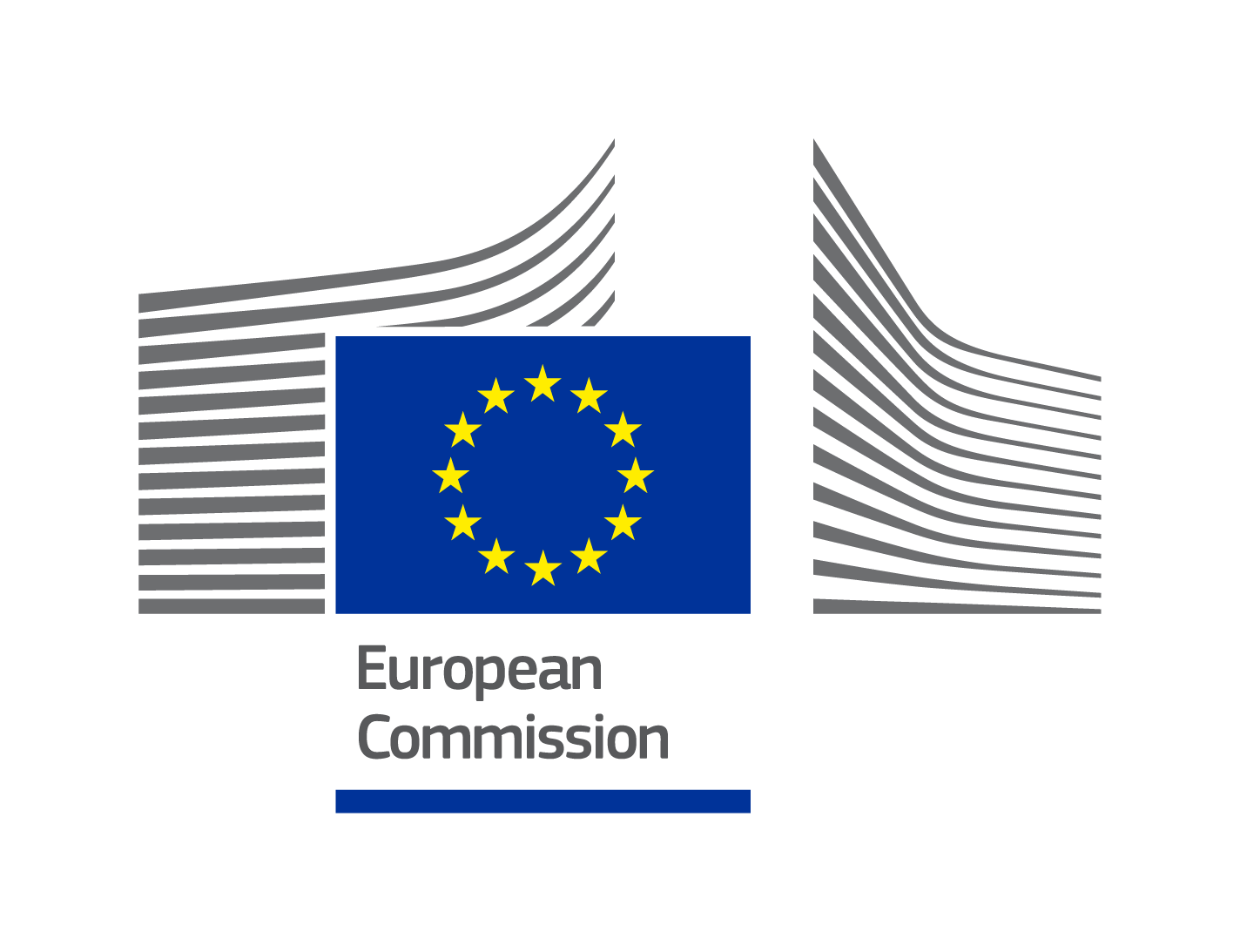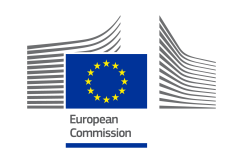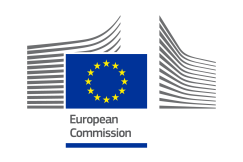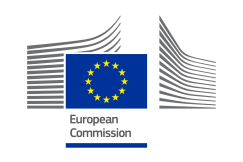Policies
01 April 2025
Breakfast directives
Policies
01 April 2025
1. Healthy, balanced and sustainable diets for all European consumers
2. Prevention and reduction of food loss and waste
3. A climate - neutral food chain in Europe by 2050
+4 more
Login / create an account to be able to react
-
25

The "breakfast directives" are EU regulations that set standards for the composition, labelling, and marketing of breakfast-related products like honey, fruit juices, fruit jams, and dehydrated milk. These directives aim to ensure product quality, transparency, and consumer protection.
Editorial team
European Commission - DG AGRI
Topics
EU-27
EU Institutions
-
CoC aspirational objectives
-
-
1. Healthy, balanced and sustainable diets for all European consumers
-
2. Prevention and reduction of food loss and waste
-
3. A climate - neutral food chain in Europe by 2050
-
4. An optimised circular and resource-efficient food chain in Europe
-
5. Sustained, inclusive and sustainable economic growth, employment and decent work for all
-
6. Sustainable value creation in the European food supply chain through partnership
-
7. Sustainable sourcing in food supply chains
-
Share
On 12 February 2024 the Belgian presidency of the Council and representatives of the European Parliament reached a provisional agreement to improve consumer information requirements for honey, fruit jams, fruit juices and dehydrated milk.
Honey
The provisionally agreed text maintains the proposal's ambition and goals and contains the following elements concerning honey:
- the countries of origin will be indicated on the label in descending order, based on weight; the label will also include the percentage that each country represents in the blend, thereby increasing transparency for consumers
- member states can decide that the obligation to indicate the percentage on the label only applies to the four largest shares, provided these represent more than 50% of the weight of the blend
- to ensure flexibility, in the case of packages of less than 30 grams, the names of the countries of origin may be replaced by a two-letter ISO code
- a platform of experts will support the Commission with developing methods to detect honey adulteration and enhancing controls; this would help combat honey fraud
Fruit juices
To reflect the growing demand for reduced-sugar products, the provisionally agreed text also foresees the addition of three new categories: ‘reduced-sugar fruit juice‘, ‘reduced-sugar fruit juice from concentrate‘ and ‘concentrated reduced-sugar fruit juice‘.
Additionally, operators will be allowed to use the label 'fruit juices contain only naturally occurring sugars'. This will ensure that consumers are better informed about the products they consume.
Fruit jams
The Council and the Parliament have agreed to increase the minimum fruit content in jams and extra jams (100 g more per kg for jams, and 50 g more per kg for extra jams), while ensuring a significant distinction between the two categories:
- 450 g as a general rule for jam
- 500 g as a general rule for extra jam
This increase in fruit content will help reduce the amount of sugar in jams, making it possible for consumers to make healthier choices.
Milk
In the case of dehydrated milk, the two co-legislators agreed to allow the use of treatments that produce lactose-free dehydrated milk products.
Related legislation:
Directive (EU) 2024/1438 amending Council Directives 2001/110/EC relating to honey, 2001/112/EC relating to fruit juices and certain similar products intended for human consumption, 2001/113/EC relating to fruit jams, jellies and marmalades and sweetened chestnut purée intended for human consumption, and 2001/114/EC relating to certain partly or wholly dehydrated preserved milk for human consumption.
Comments (0)
See also
-
5
Trade policy
- Categories
- 2. Prevention and reduction of food loss and waste 3. A climate - neutral food chain in Europe by 2050 4. An optimised circular and resource-efficient food chain in Europe +3 more
-
7
EU Social Dialogue
- Categories
- 2. Prevention and reduction of food loss and waste 3. A climate - neutral food chain in Europe by 2050 4. An optimised circular and resource-efficient food chain in Europe +3 more
-
7
Digital Decade Policy programme 2030
- Categories
- 2. Prevention and reduction of food loss and waste 3. A climate - neutral food chain in Europe by 2050 4. An optimised circular and resource-efficient food chain in Europe +3 more




